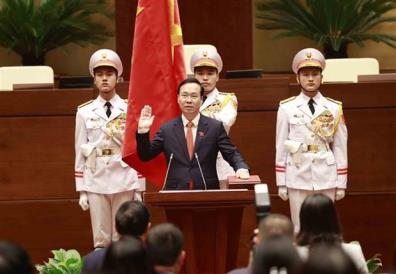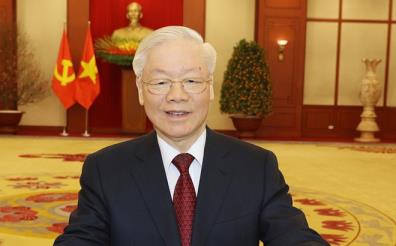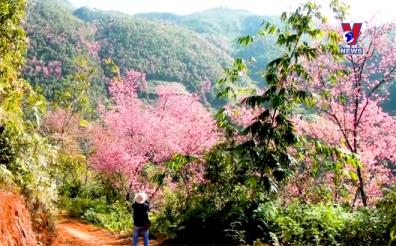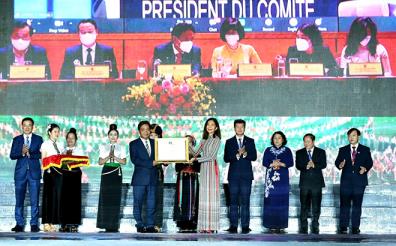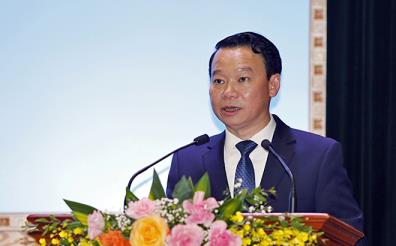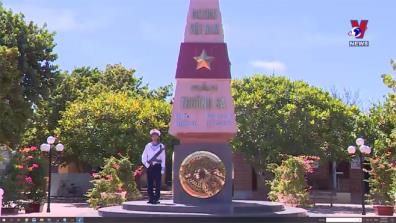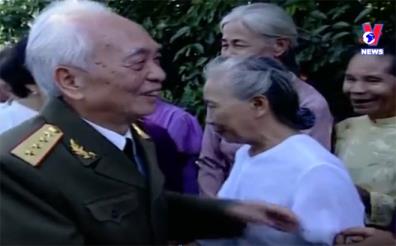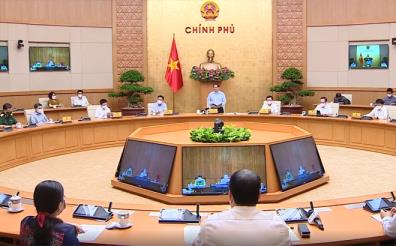The spiritual beauty of the Hmong people
- Tuesday, January 14, 2025
According to tradition, the Hmong community’s traditional Tet typically takes place one month before the Lunar New Year. This period marks the end of the harvest season, allowing everyone to rest after a year of hard work. Nowadays, most Hmong people celebrate the Lunar New Year alongside the rest of the nation.
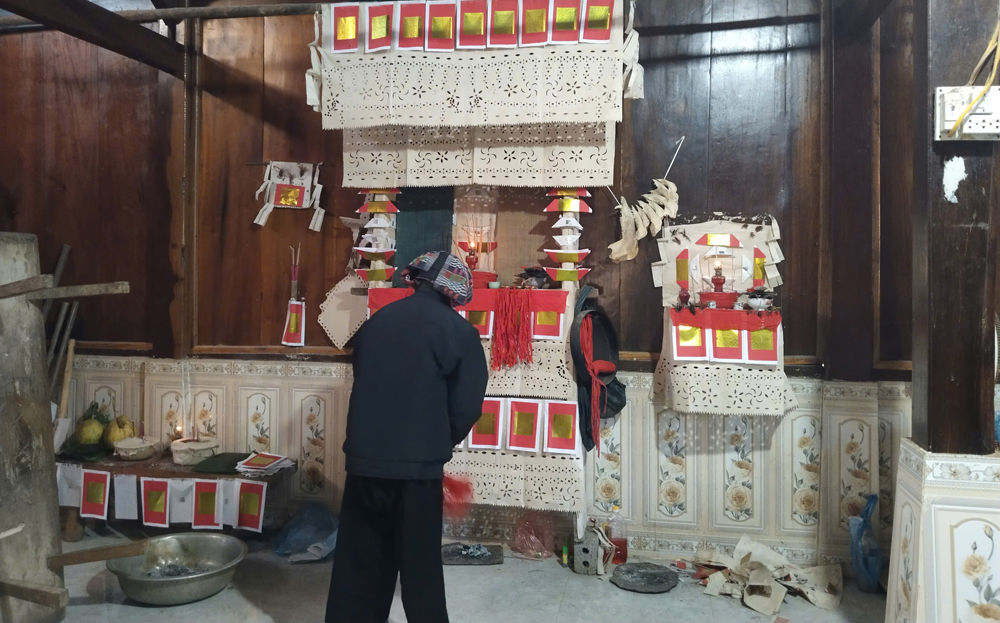
|
|
Hmong Tet Altar
|
Other news
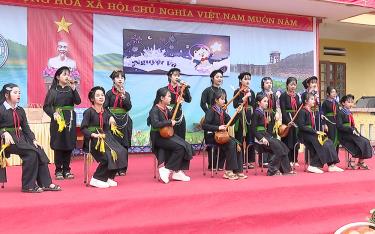
In recent years, Yen Bai Province has prioritized the development of education and training in ethnic minority and mountainous areas with the aim of raising intellectual standards, nurturing talent, promoting socio-economic development, and reducing poverty. As of now, nearly 40% of ethnic minority students across the province are benefiting from educational support policies through boarding and semi-boarding schools.
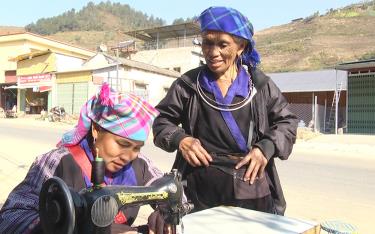
By 2025, the mountainous district of Mu Cang Chai (MCC) aims to increase the percentage of its workforce with vocational training to 58%, focusing particularly on agriculture and tourism services.
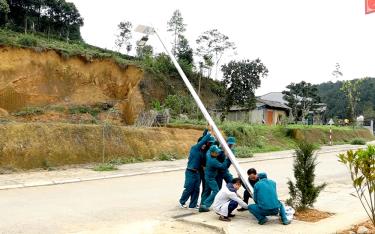
As part of the implementation of the 2021–2025 National Target Programs (NTPs), Tran Yen District has disbursed over VND 70 billion as of the end of March 2025. Of this amount, nearly VND 56 billion came from the central government budget, while more than VND 13.5 billion was sourced from the local budget.

On the morning of April 19, 2025, Yen Bai Province held a solemn ceremony to inaugurate the road connecting National Routes 37 (QL37) and 32C (QL32C) with the Noi Bai – Lao Cai Expressway. This event holds profound political and socio-economic significance, marking a new phase in the province’s transportation infrastructure development. It is also one of the 16 key transportation projects identified by Yen Bai for investment during the 2021-2025 period.



